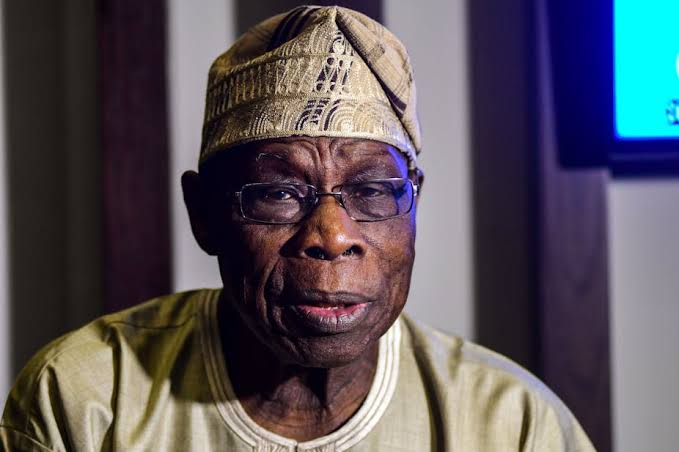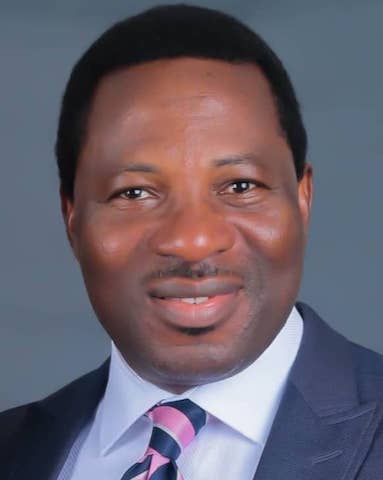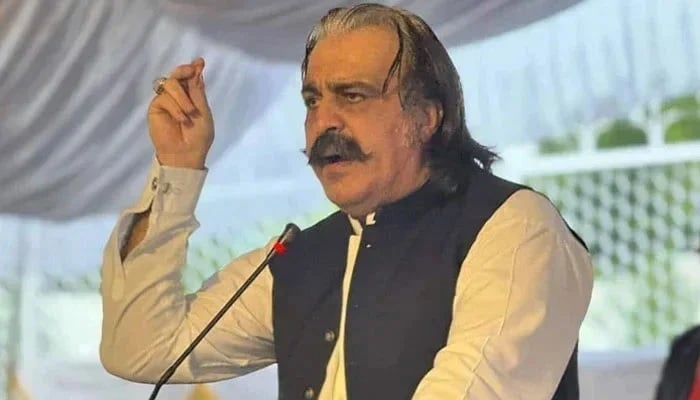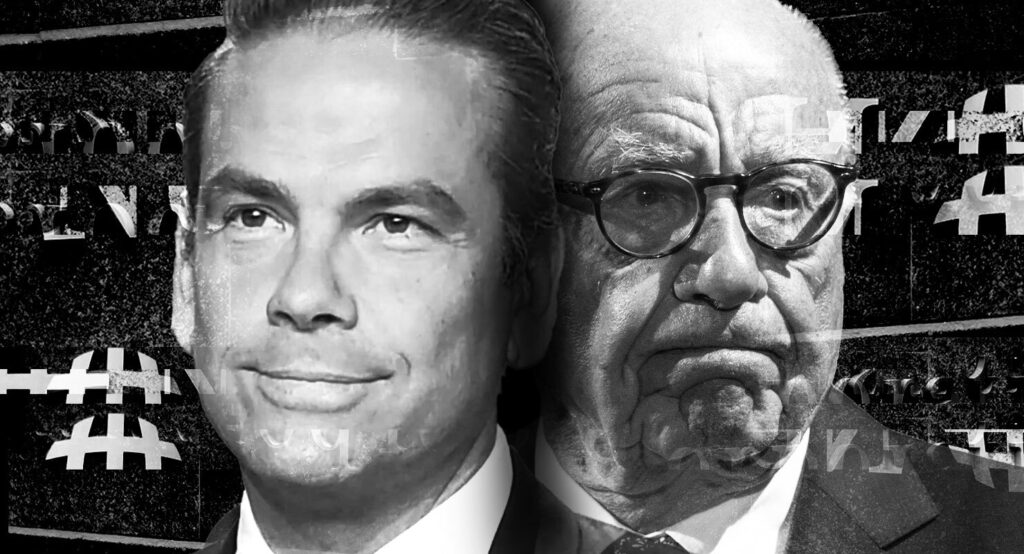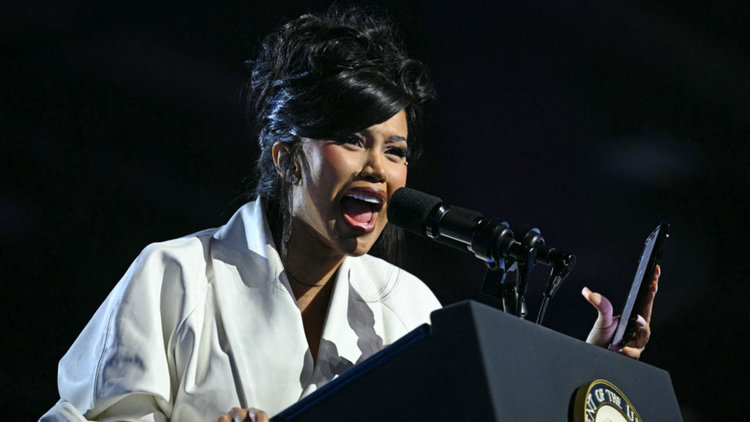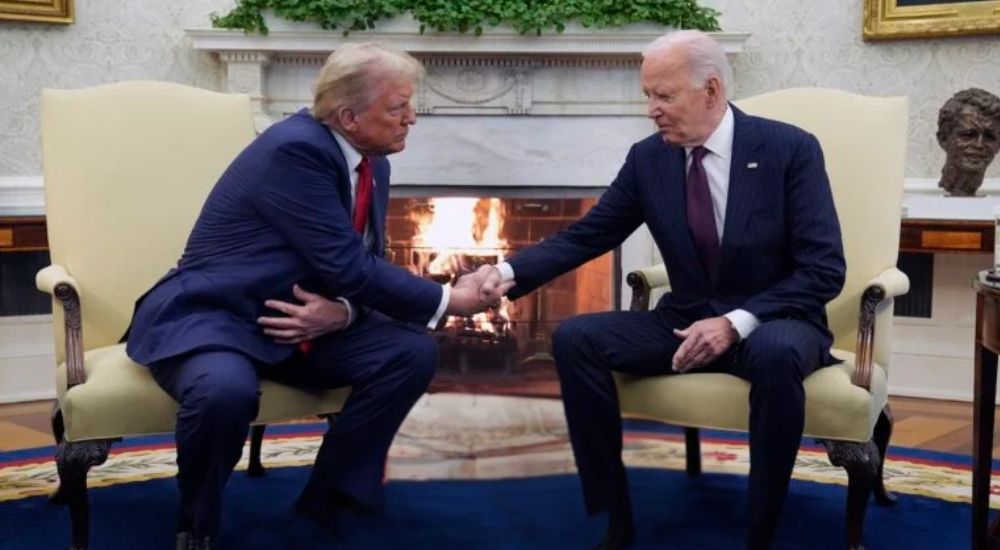Macron’s new PM takes French politics from emergency to farce
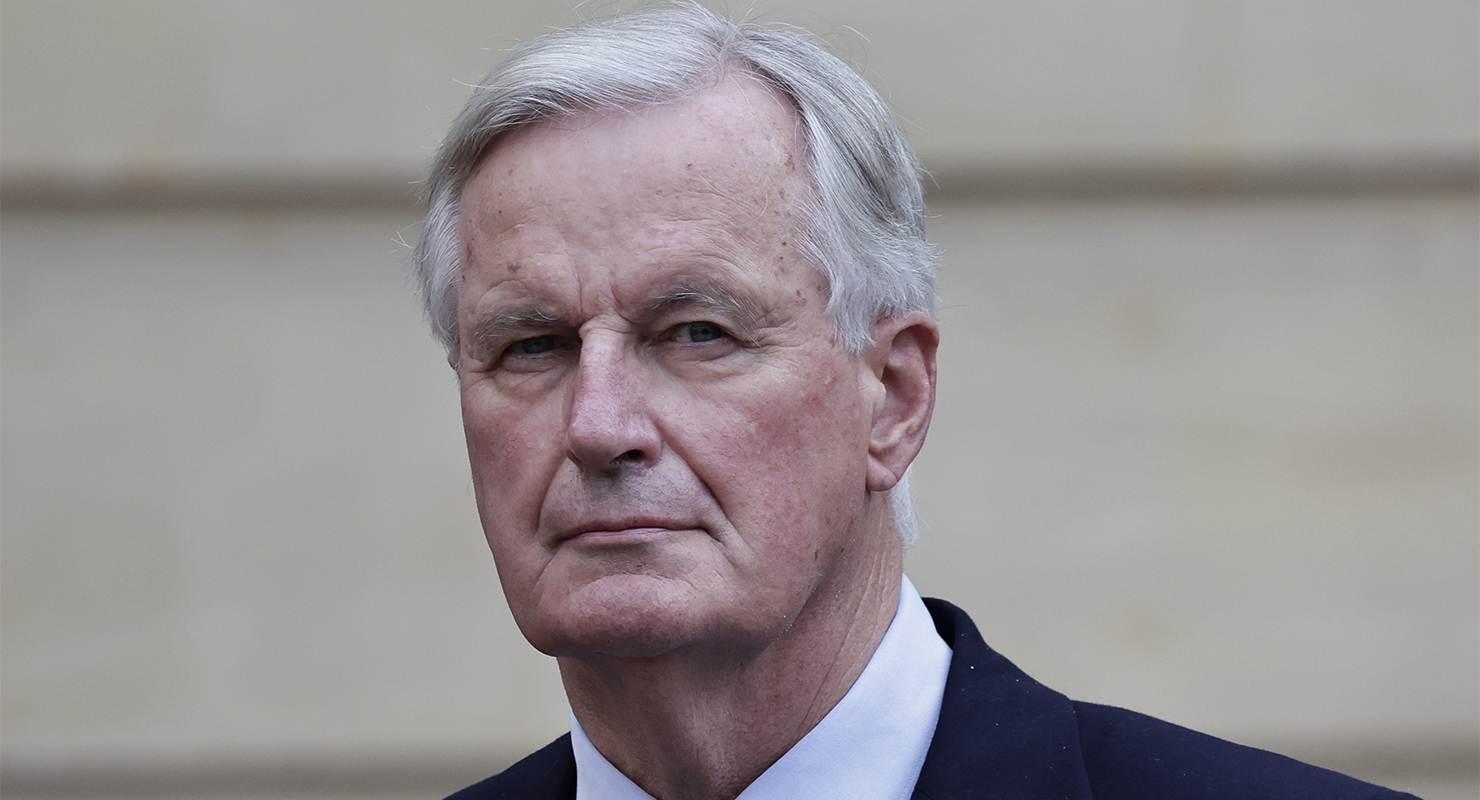
Politics tamfitronics
September always lands with a thump in France. It’s back to schoolor the great return: back-to-school on steroids. All that which has been suspended in the languorous days of July and August — when seemingly the whole country turns off the lights, closes the shutters and retreats to the beach or the mountains — is back with a vengeance. Bills are due, the commute is back on, workloads are onerous, bank are accounts empty, social calendars are unmanageably full.
But in 2024, back to school hangover is worse than ever. Last night, the Olympics and Paralympics came to a close in a burst of fireworks over the Stade de France. Paris pulled off both games with serious panache, enchanting the world with astonishing venues, superhuman feats and the odd dancing clitoris. The end of the games coincided with the end of the halcyon fever dream that gripped the country over summer — one in which the far-right might actually be beaten.
In snap parliamentary elections in June and July, in which the National Rally came within touching distance of real political power for the first time, a coalition of left-wing parties shocked the country by finishing first, though short of a majority. And for once, cutting through the relief of stuffing the neofascist jack-in-the-box Marine Le Pen back into her container was a strange hope there might be a genuine alternative to her politics of hate and the milquetoast neoliberal technocracy we have had since Macron won the 2017 presidency. Some were even backing the googly-eyed anthropomorphised headwear-meets-sex-organ mascot for PM.
But after two months of a caretaker government and an “Olympic truce” — during which we were all only too happy to think about anything other than politics — Macron, who had called the elections in the first place to seek “clarity” from French voters, announced his pick for the prime minister of his new government: former Brexit negotiator, government minister and stalwart of the traditional right, Michel Barnier.
The left coalition could certainly have played the situation more cannily. The members of the New Popular Front, which comprises the traditional left, the greens, the radical left and the communists, went into the parliamentary elections without a prime ministerial candidate, presumably because these erstwhile political foes couldn’t agree on who it should be. After their shock first-place finish, they took more than two weeks to finally decide on one, the little-known civil servant Lucie Castets.
We do not know whether Castets would have made a good prime minister because Macron never seriously considered her. He invited her to the Élysée Palace only to dismiss her candidacy, claiming a left-coalition-led government would immediately fall in a no-confidence vote in Parliament — probably true, because few in Parliament will work with the radical left France Unbowed party, the largest component of the New Popular Front.
Macron briefly flirted with the idea of appointing a former grandee from the traditional-left Socialists, but ended up plumping for Barnier, whose party, the Republicans, finished last of all the major players in the summer elections. His government will not fall immediately, because it will enjoy the support of the National Rally. In other words, in refusing to work with the left, Macron has turned the far right into kingmakers. (The New Popular Front was characterised by many politicians over the summer as too riven with antisemitism to work with. For Macron and Barnier, the party founded by a former member of the SS Waffen, whose candidates were actual Nazis, was apparently fine.)
After the horror and promise of the elections, the new government was supposed to be a new dawn for a political landscape that has been riven with division, uncertainty and disenchantment bordering on nihilism for the best part of a decade. It was hoped in some quarters that a prime minister from the left could put a stop to Macron governing essentially by fiat, pushing through unpopular policies like the recent retirement reforms without parliamentary approval, using a constitutional power known as Article 49.3. Instead, France’s new headteacher, at least for the duration of the back-to-school period, is yet another conservative technocrat, now with the added frisson of enjoying the backing of the same far-right many of us spent the warmer months striving to defeat.
Again, our political vocabulary fails us: Barnier, due to not being from a party with a rich tradition of Holocaust denial, is described as “centre-right”, while Macron and his party claim with diminishing credibility to occupy the centre. But it is not a centrist position to advocate for a moratorium on immigration, as Barnier did when he was running to be the Republican presidential candidate in 2022. This is the politics of the mad Brexiteer Nigel Farage, Barnier’s supposed foe, and or Geert Wilders, under whose aegis the current Dutch government operates. Meanwhile, the Macron government’s immigration bill from 2023 was sufficiently hostile for Le Pen to claim it as a victory. This is a centre that has not held.
Macron’s merry political gamble to try to reset Parliament to see if it came out more to his liking has left him with a prime minister who looks like many of those who came before him — though at 73 he is just shy of 40 years older than outgoing PM Gabriel Attal. It has also left France with a record 126 National Rally deputies in Parliament, which is what allows them to play kingmaker in the first place.
This summer, the far right came the closest it ever has to real political power in France, and once again, voters banded together to deny them that opportunity. The largest proportion of them supported the left. After an election campaign that was genuinely terrifying for a great number of people in this country and several months of political horse-trading, we have ended up with a prime minister whose party holds the smallest number of seats in Parliament, who wants to stop immigration and who serves at the pleasure of Marine Le Pen.
Since 2017, Macron has defined his presidency as representing the sensible alternative to the existential threat posed by the far right. History may remember him as its handmaiden.



 Hot Deals
Hot Deals Shopfinish
Shopfinish Shop
Shop Appliances
Appliances Babies & Kids
Babies & Kids Best Selling
Best Selling Books
Books Consumer Electronics
Consumer Electronics Furniture
Furniture Home & Kitchen
Home & Kitchen Jewelry
Jewelry Luxury & Beauty
Luxury & Beauty Shoes
Shoes Training & Certifications
Training & Certifications Wears & Clothings
Wears & Clothings






